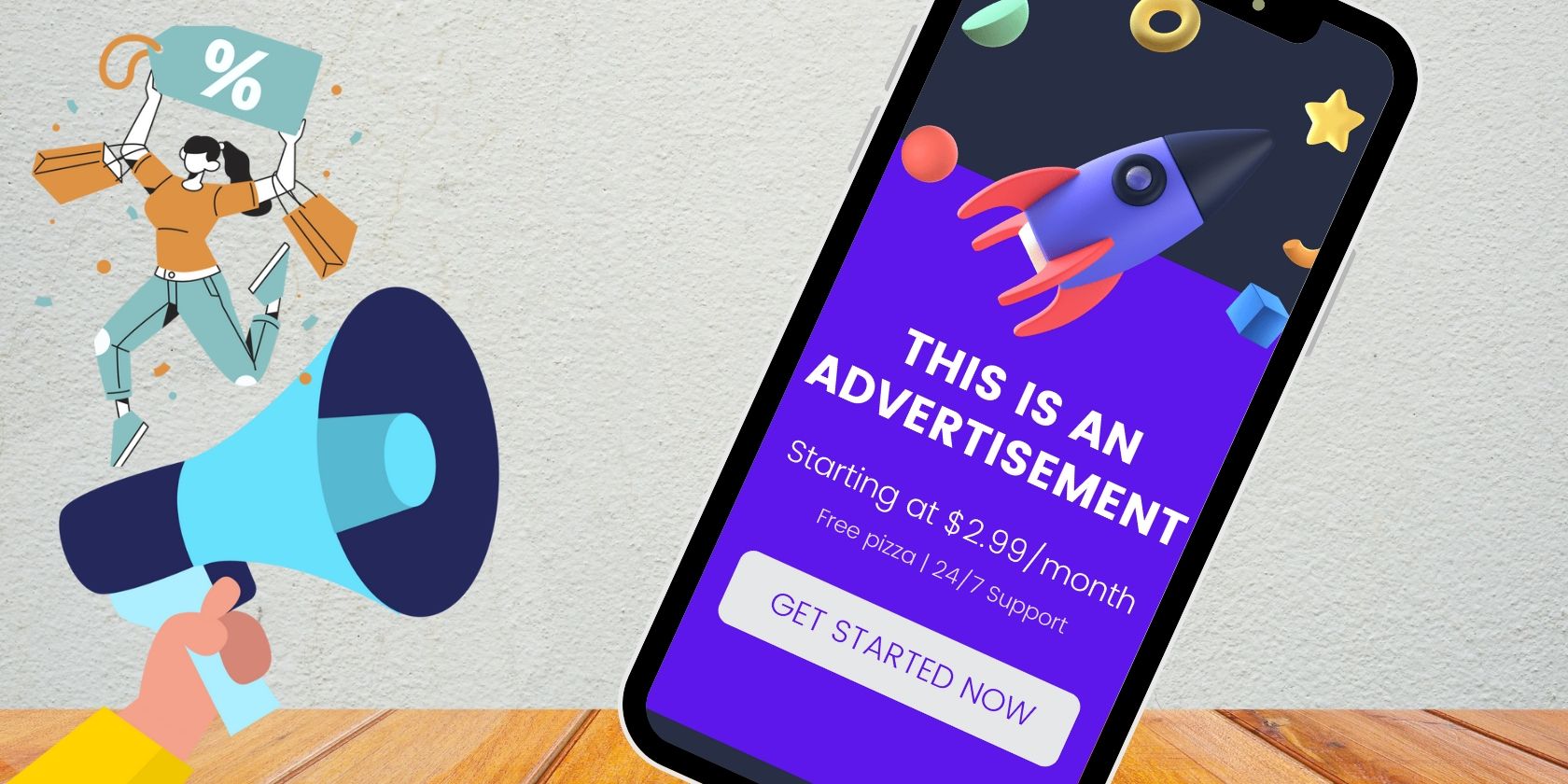Almost everywhere you go online, you'll see increasingly personal ads. Put on a little weight and ads are already dangling weight loss products on your screen. Welcome a new member to your family and baby product ads start popping up on your Facebook timeline.
It's as if someone is in your mind, listening to your every wish and making adverts out of them. Unless you live completely off-grid, you'll almost certainly have a taste of it. But how are advertisement companies able to pull this off? Why are ads getting so personal? And how can you put a stop to it?
Why Are Online Ads So Personal?
The short answer is that people are trying to make more money at the expense of our privacy. In the early days of internet advertisement, ads were typically thrown at a diverse audience. There were fewer metrics to assess what percentage of the audience was likely to click through to get the product. Things have changed. Ad companies like Google and Facebook have found ways to target ads with unnerving precision.
Baby product ads will be shown mostly to expectant mothers. Gaming console ads to gaming geeks. Wondering why you started seeing smartphone ads when you needed to get a new phone? Same idea. But how is this possible?
Tech companies achieve this by collecting a massive amount of personal data. When you listen to music on streaming apps, the title and genre of the song you love will be stored. When you buy or even browse products from online stores like Amazon, your preference is stored as well. Similarly, when you make a Google search, your search queries are used to calculate your interests. Most of these companies share their data.
For instance, Company A could learn the kind of music you love from company B, clothes you buy from e-commerce shops from company C, and your sexual orientation from company D. As a result, company A can can build a holistic persona of people. They'll use this online profile to predict exactly what kind of ad you'll be interested in.
And sometimes, we willingly hand over this data to them. It all starts when you click agree on the Terms and Conditions that say your "data will be collected to improve our services." To be fair, they often say they'll use it; they just didn't say it will be used for targeted ads. So how do you put a stop to it?
How to Disable Personal Ads Online
Although there is no foolproof way to stop targeted ads, you can significantly reduce their numbers and accuracy if you go after the biggest culprits. That means big tech. Facebook, Google, Twitter, and their ilk—all have a role to play. But what practical steps can you take?
1. Stop Google from Using Your Personal Information to Target Ads
From Gmail and Google search to smart home appliances like the Nest Hub, Google has a foothold in nearly all aspects of our digital life. This gives the company access to a massive amount of personal data on users of its services.
To view the profile that Google has built about you using your personal data, visit the Google Ads personalization page. If you've used your Google services frequently and for long enough, you should see Google's estimates of your age, gender, marital status, job, and several more things you probably didn't know Google knows about you.
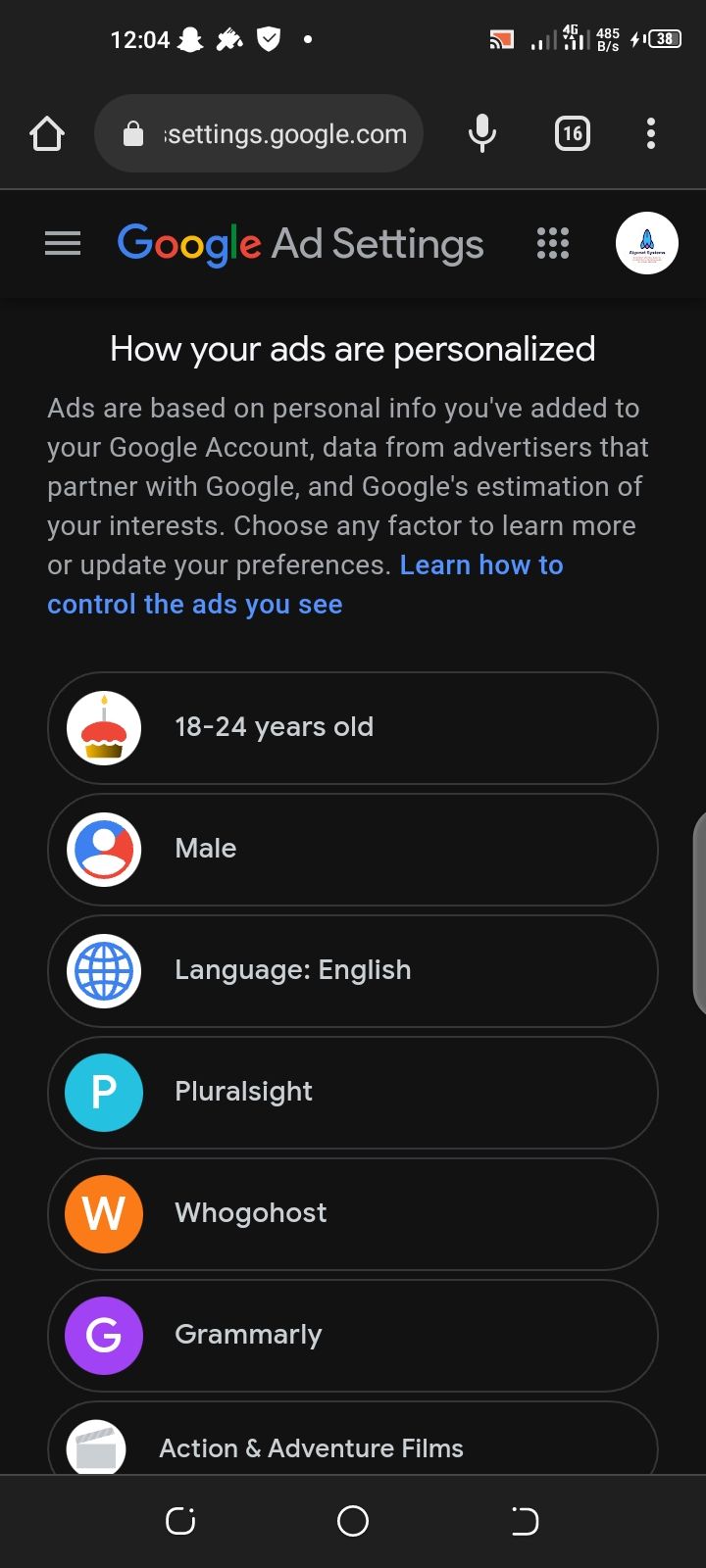
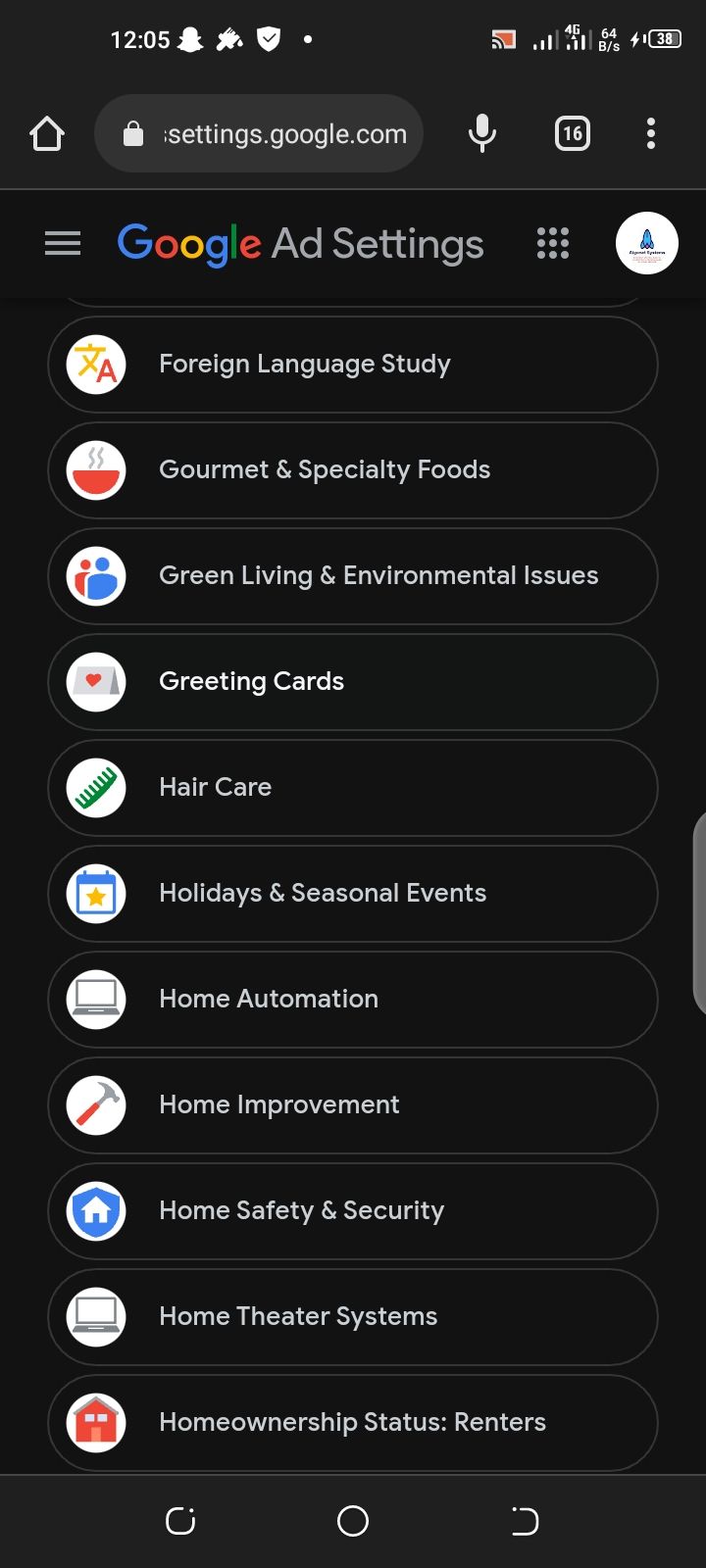
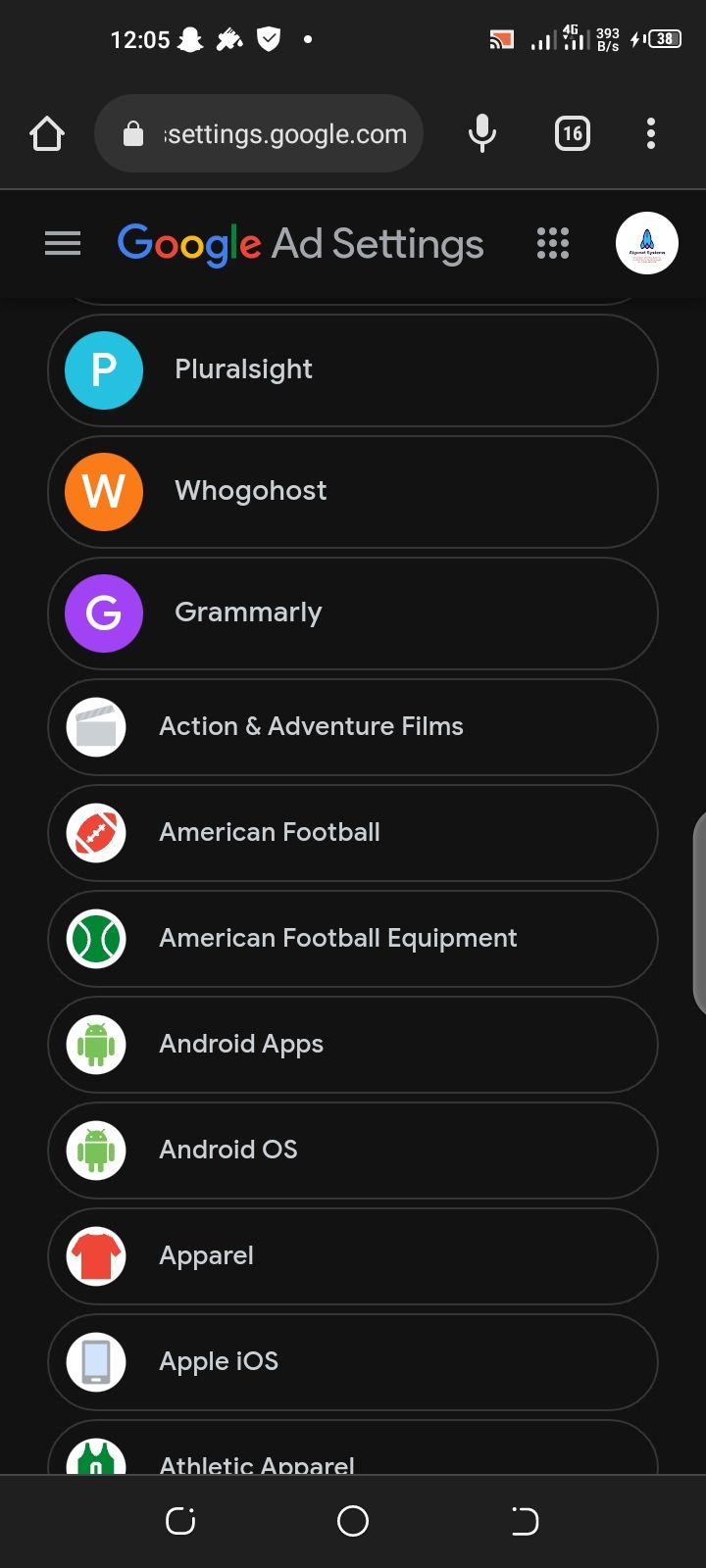
To stop Google from using any of the linked estimates to serve you targeted ads across the internet, simply go to each estimate and then tap Turn off. Turn off as many estimates as possible.
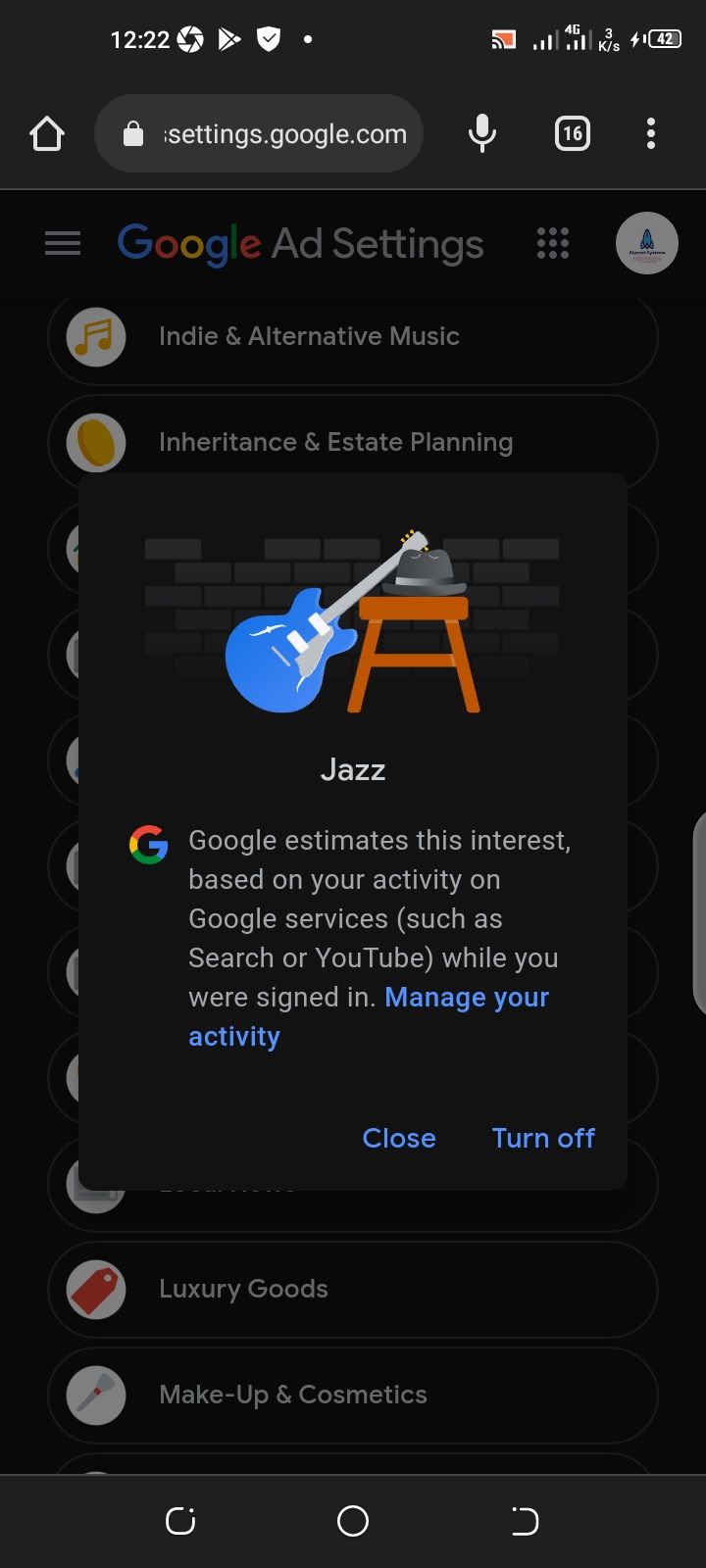
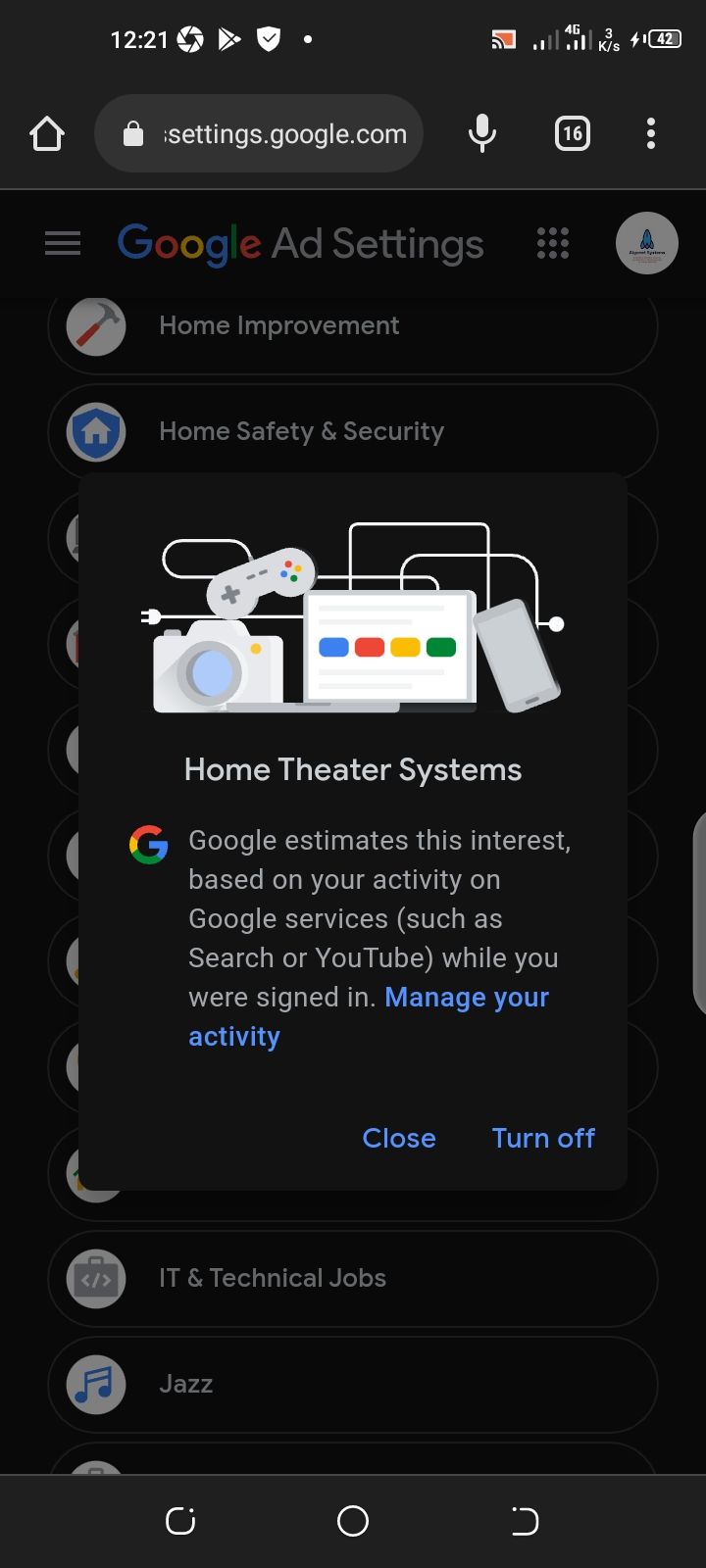
To stop Google from serving you any form of targeted ads, toggle off Ad personalization on the top of your Ad personalization page.
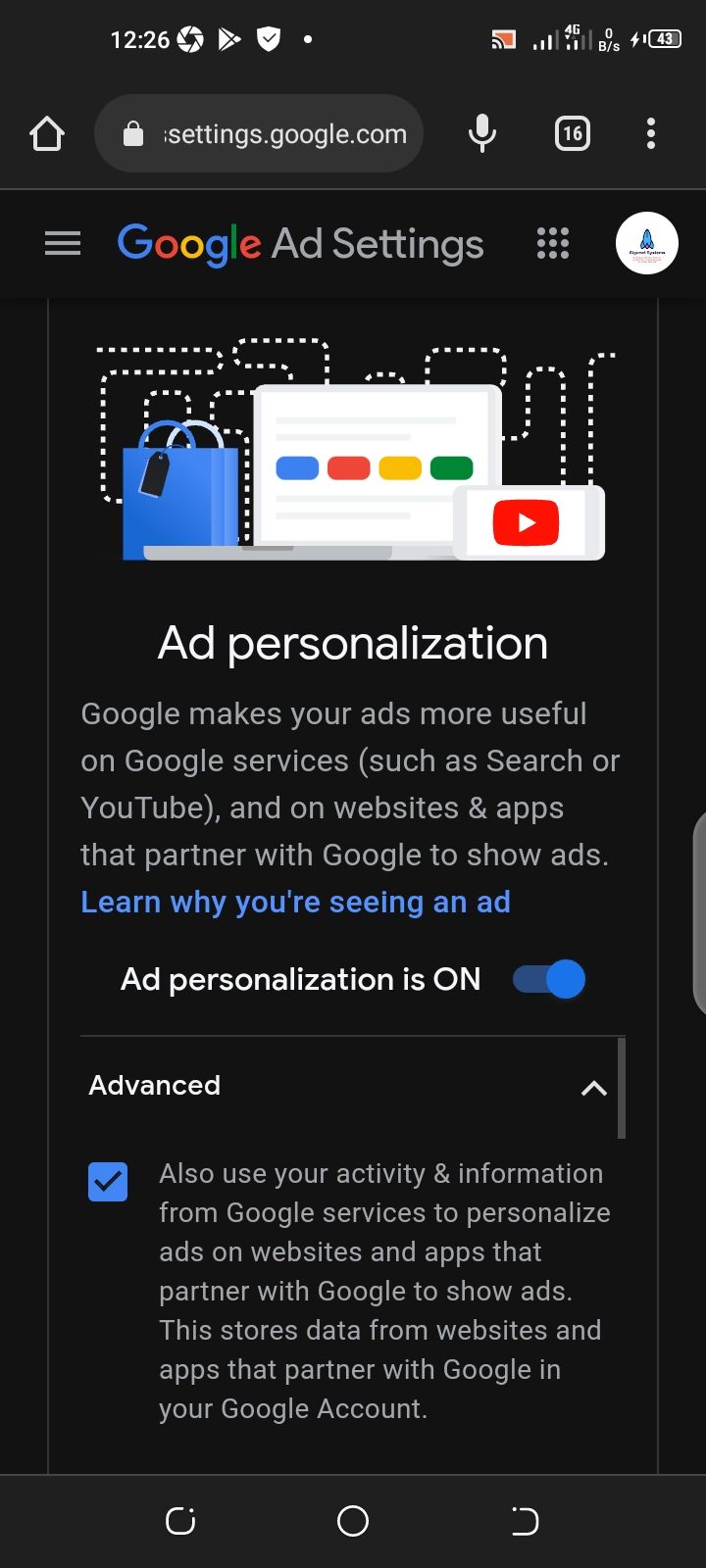
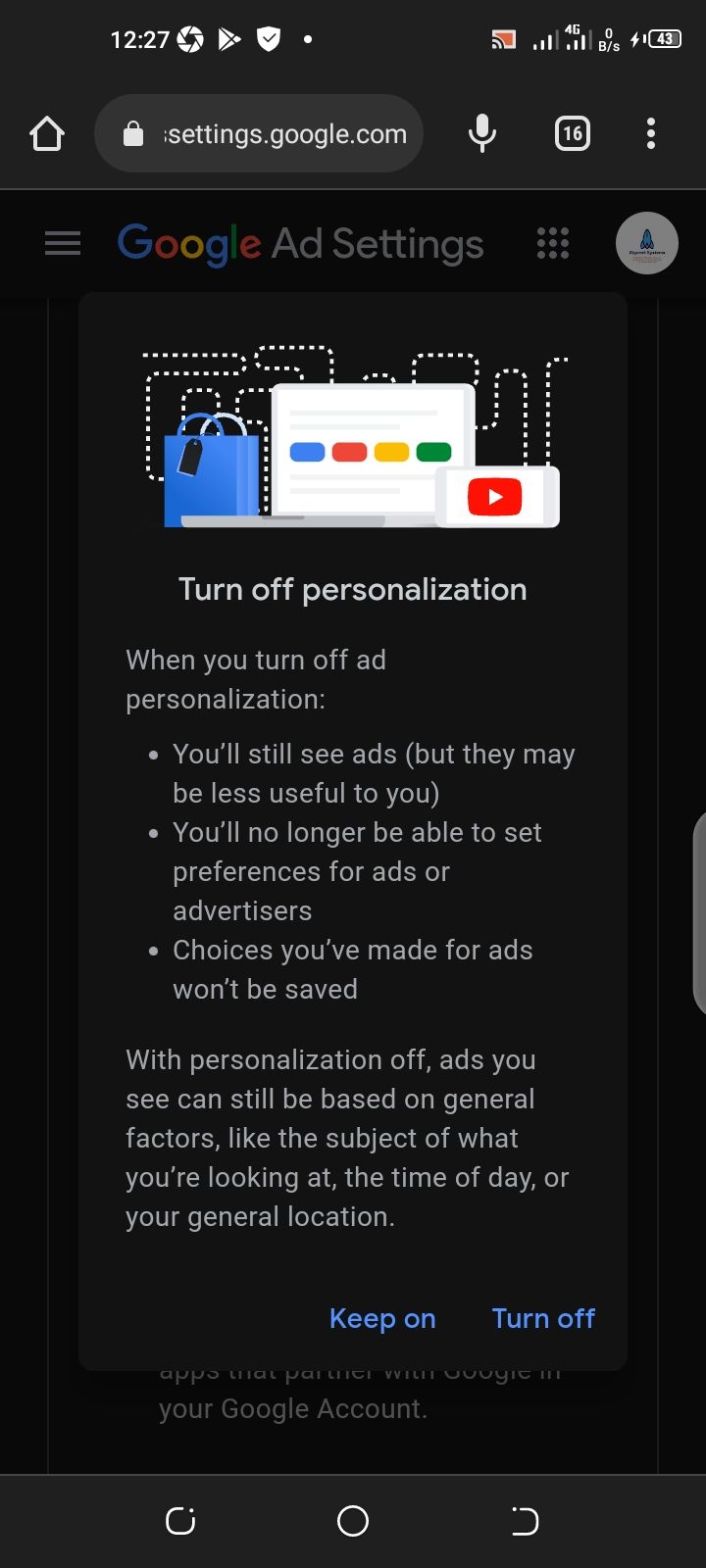
To take things a bit further, there are some Google privacy settings you can turn off to better safeguard your privacy.
2. Stop Facebook from Using Off-Facebook Activities to Target Ads
You're shopping for a smartwatch on an e-commerce shop and for some reason, you don't go through with the purchase. A few moments later, you're on Facebook and your timeline is packed with ads for smartwatches. How did that happen?
The e-commerce store likely has a direct or indirect data sharing agreement with Facebook. There are millions of websites as well as app companies that have a similar arrangement. This is one reason Facebook's social media dominance isn't a good thing. Fortunately, you can stop Facebook from using your personal data it gets from third parties to serve you targeted ads:
- On your Facebook app, click the menu bar in the top right corner of your app screen.
- Scroll down and click on Settings.
- Scroll down and locate the section labeled "Permissions" and tap Off-Facebook activity.
- Click on Clear History and again on Clear History to confirm.

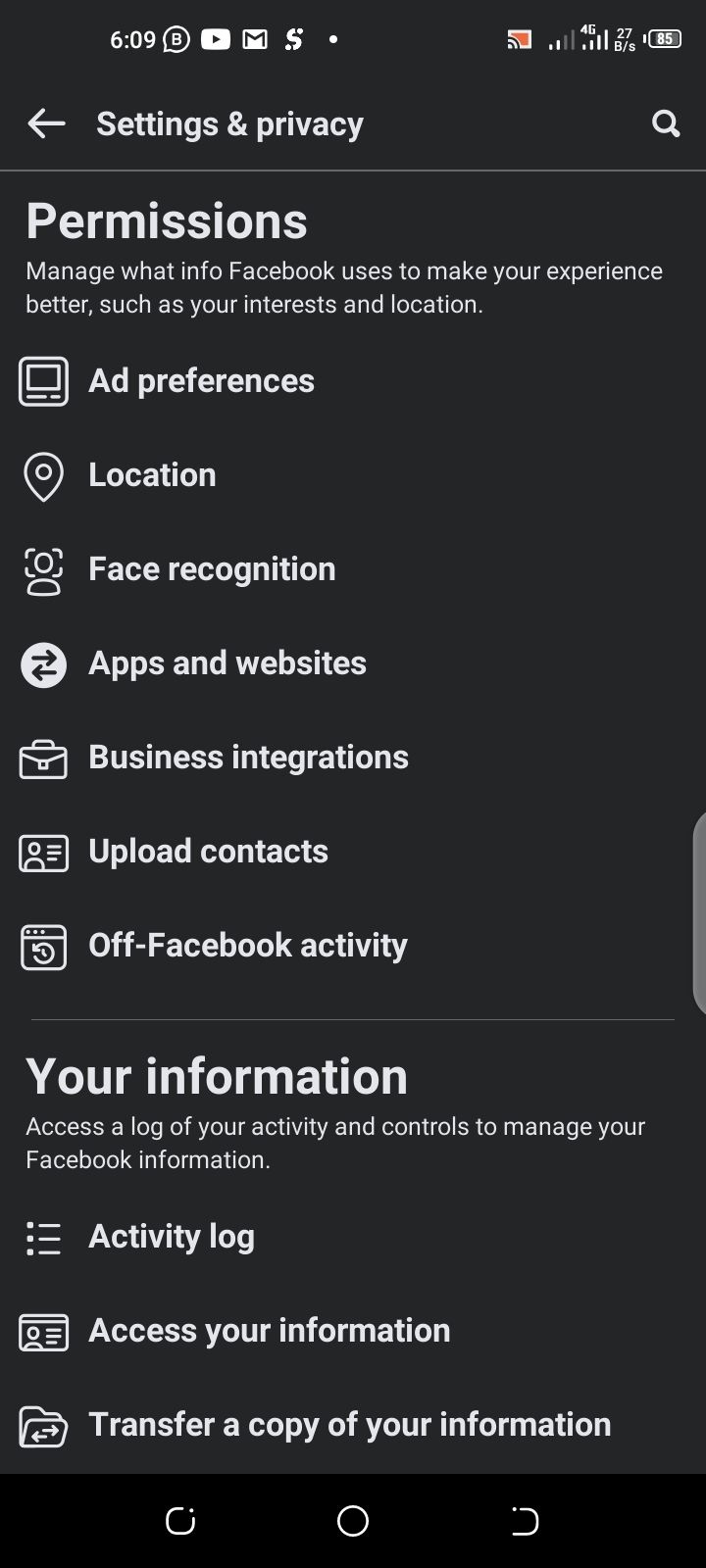
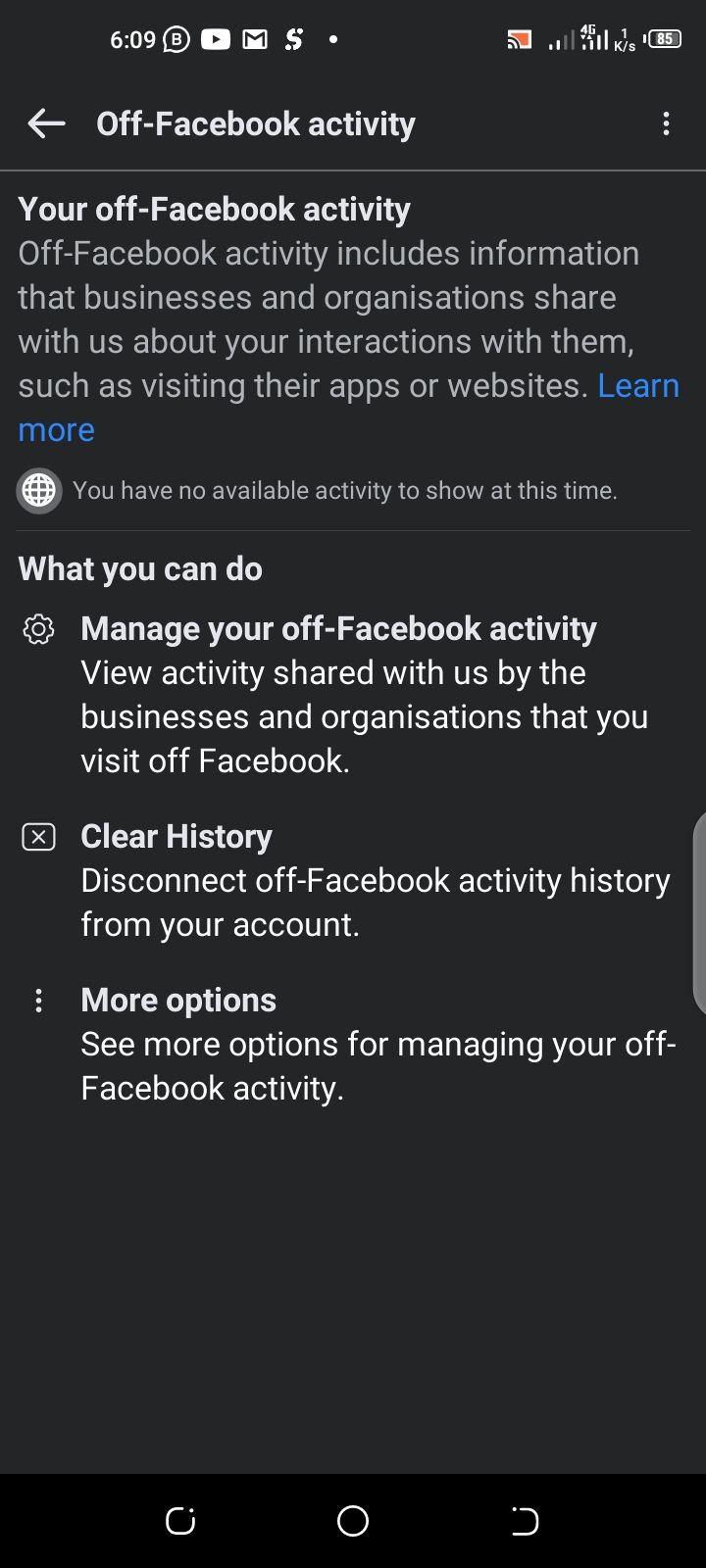
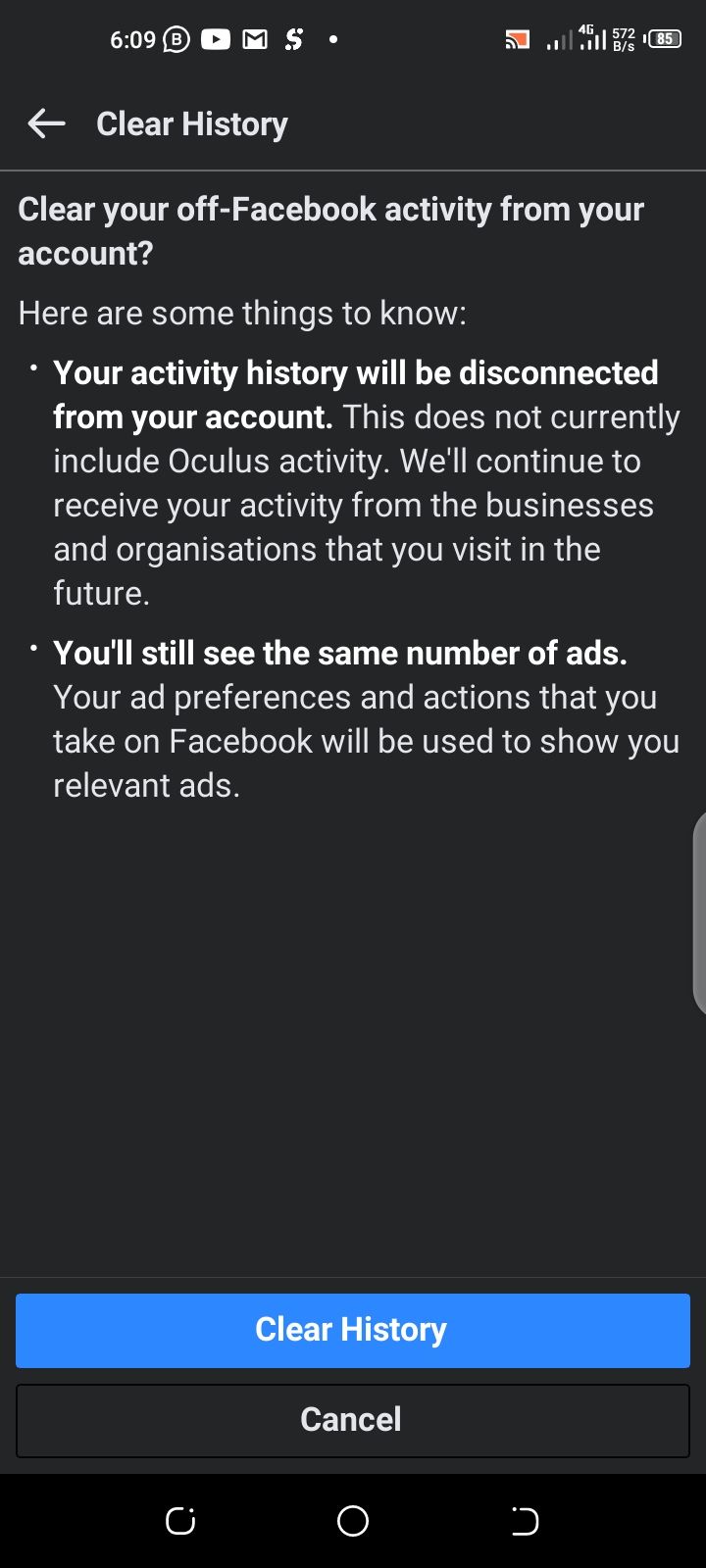
Once this is done, the bulk of the data shared by third-party apps and websites will be deleted. However, that doesn't stop Facebook from getting data from those sources. They'll still receive data the moment you leave Facebook for another site that has a data-sharing agreement with them. To stop them from using this data for ads:
- Repeat step 1 to step 3 above, and then tap on More options.
- On the subsequent menu, tap Manage Future activity.
- On the next page, toggle off the switch labeled Future Off-Facebook activity and then tap Turn Off to confirm.

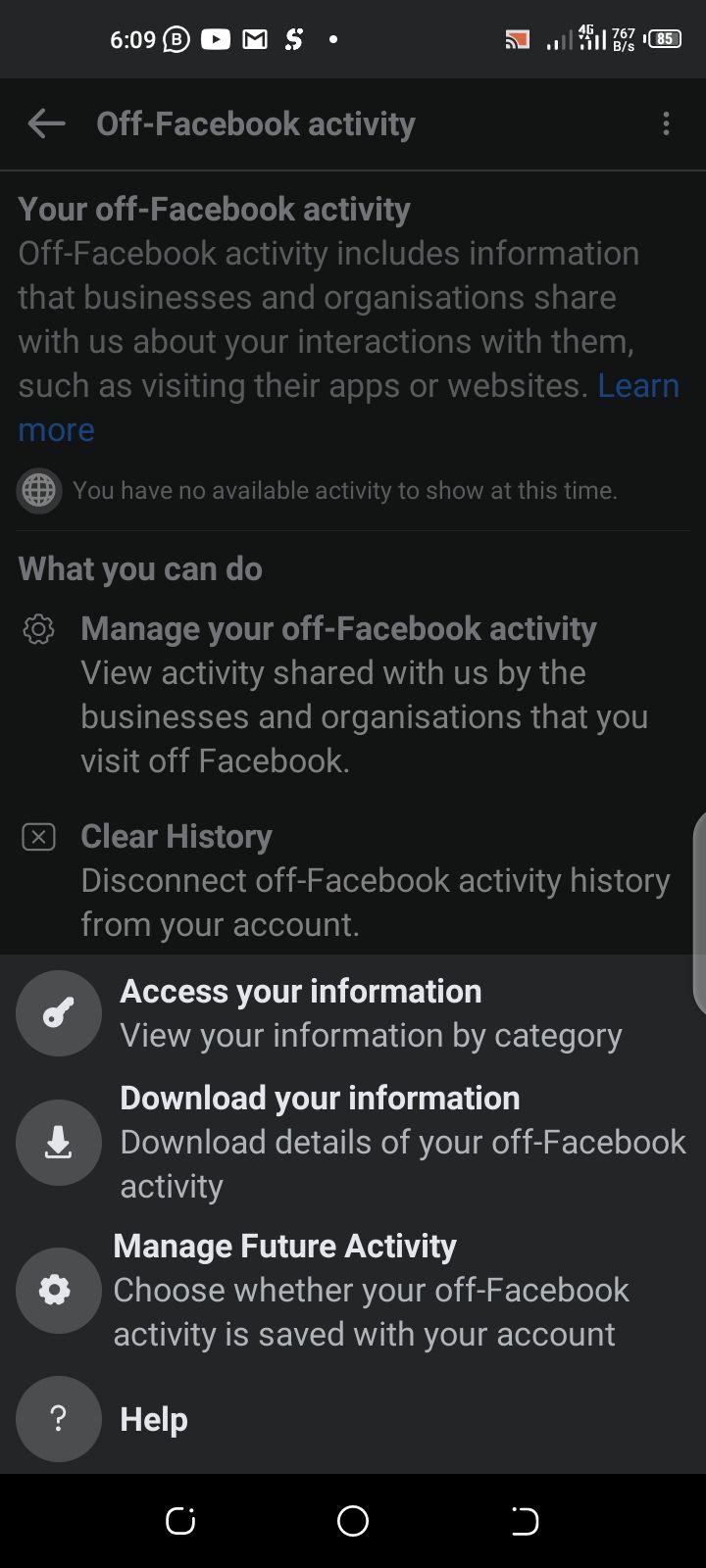

3. Stop Twitter from Using Your Off-Twitter Activities to Target Ads
Just like Facebook, Twitter also tracks your activity even when you're not using the app. It uses this data to build an "inferred identity" or persona to serve you ads. Here how to stop seeing personalized ads on Twitter:
- On the Twitter app, tap on your profile picture and then Settings > Privacy and safety > Off-Twitter activity.
- Untick the two checkboxes labeled Allow use of where you see Twitter content across the Web and Personalize based on your inferred identity.
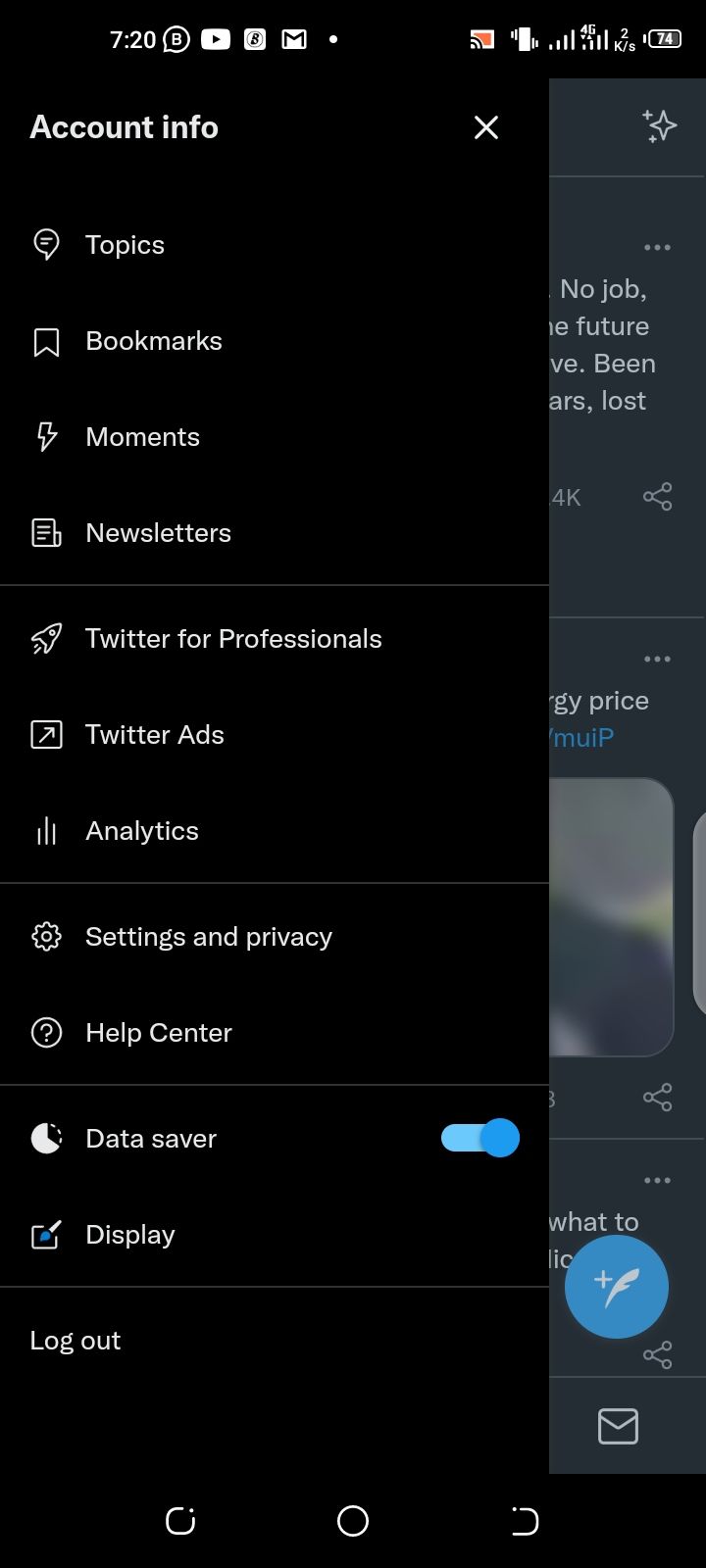

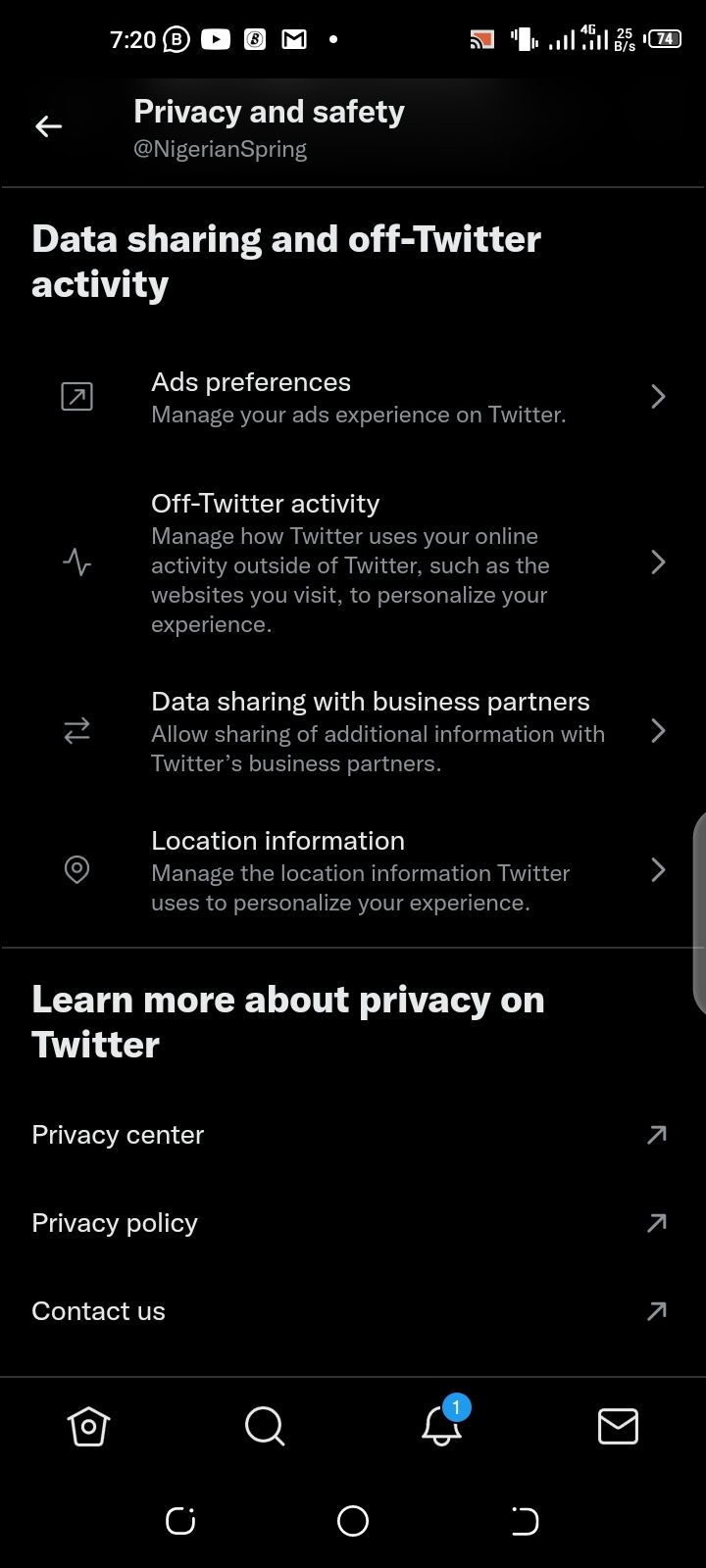
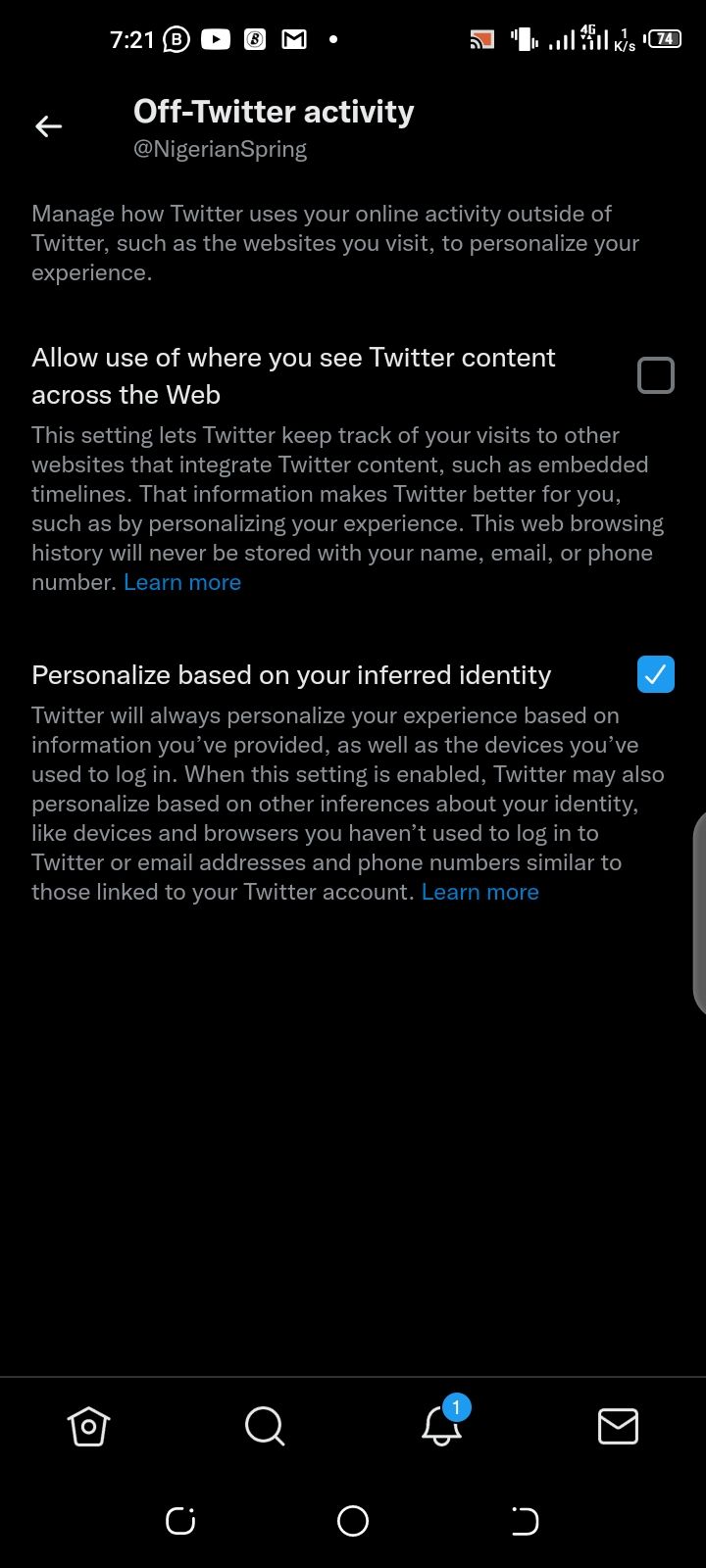
Take Control of Your Privacy
Advert companies are always looking for ways to show you ads that suit your interests. By doing so, they make more money and keep their clients happy. While this isn't entirely a bad thing (it keeps the services free at least), the problem is that your privacy is always the first casualty of their improved ads services.
You may not be able to completely cut them off as long as you use the internet. However, with some small steps, you can stop them from exploiting your personal information to make money at your expense.

